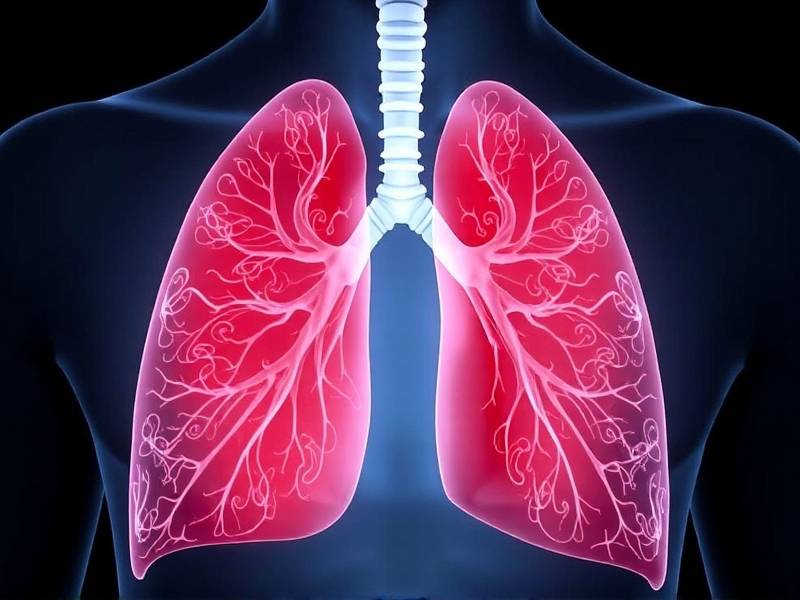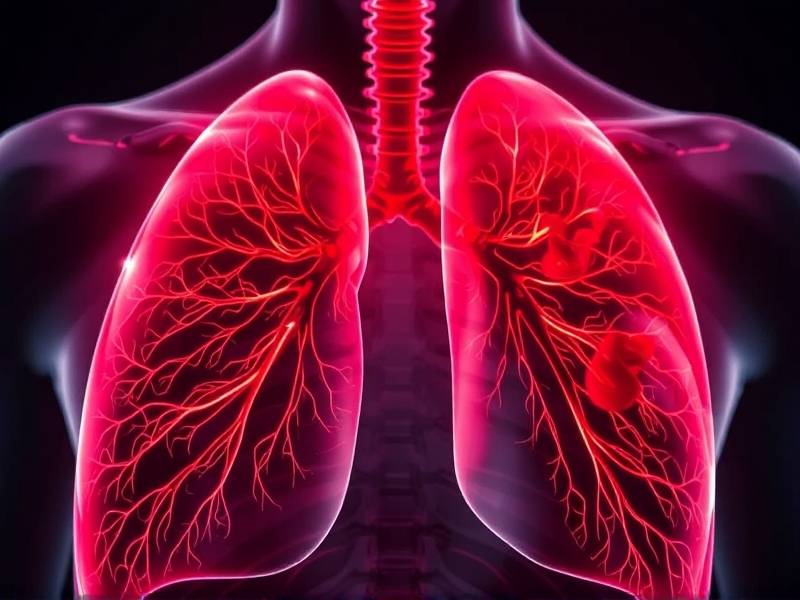How Long Until Your Lungs Heal After You Quit Smoking?
The Journey to Lung Healing: How Long After Quitting Smoking?
Introduction: Quitting smoking is a significant step towards a healthier life, but many smokers wonder about the timeline for lung healing. Understanding how long it takes for the lungs to recover after quitting can provide motivation and hope. In this article, we'll explore the process of lung healing and the factors that influence its duration.
Understanding Lung Damage Smoking causes significant damage to the lungs, leading to inflammation, scarring, and reduced oxygen-carrying capacity. The extent of damage varies from person to person based on factors like smoking history, genetics, and overall health.

Initial Improvements Within days of quitting smoking, your body begins its healing process. The American Lung Association notes that within 48 hours of quitting, carbon monoxide levels in your blood drop significantly. This allows your body to use oxygen more efficiently.
Weeks 1-3: Clearing Out During the first few weeks after quitting, you may experience increased phlegm production as your body starts to clear out tar and other toxins from your lungs. Breathing may feel easier as your airways begin to relax.
Months 6-12: Continued Improvement After about six months, many people notice a significant improvement in lung function. The risk of heart disease begins to decline, and the cilia (small hair-like structures) in your lungs start to regrow, which helps clear mucus and protect against infections.
Years 1-5: Healing Continues Over time, the risk of developing chronic obstructive pulmonary disease (COPD) decreases as lung function continues to improve. After one year without smoking, the risk of coronary heart disease is reduced by half compared to continuing smokers.

Long-Term Benefits The benefits of quitting smoking extend far beyond the first year. Your lungs can continue to heal for years after you quit. The longer you remain smoke-free, the greater your chances of avoiding serious respiratory conditions like emphysema and lung cancer.
Factors Influencing Healing Time Several factors can influence how long it takes for your lungs to heal:
- Duration of Smoking: The longer you smoked and the more cigarettes you smoked per day, the more damage there may be.
- Age at Quitting: Younger individuals tend to recover faster than older ones.
- Overall Health: Smokers with existing health conditions may take longer to heal.
- Environmental Factors: Exposure to secondhand smoke or pollution can delay recovery.
Conclusion: The journey towards lung healing after quitting smoking is unique for each individual. While it's impossible to predict an exact timeline for everyone, understanding that improvement is possible provides a powerful incentive for those looking to quit. By making informed decisions and taking steps towards a smoke-free life, you're not only improving your own health but also setting a positive example for others around you. Remember that every day without smoking is a step towards healthier lungs and a better quality of life.
